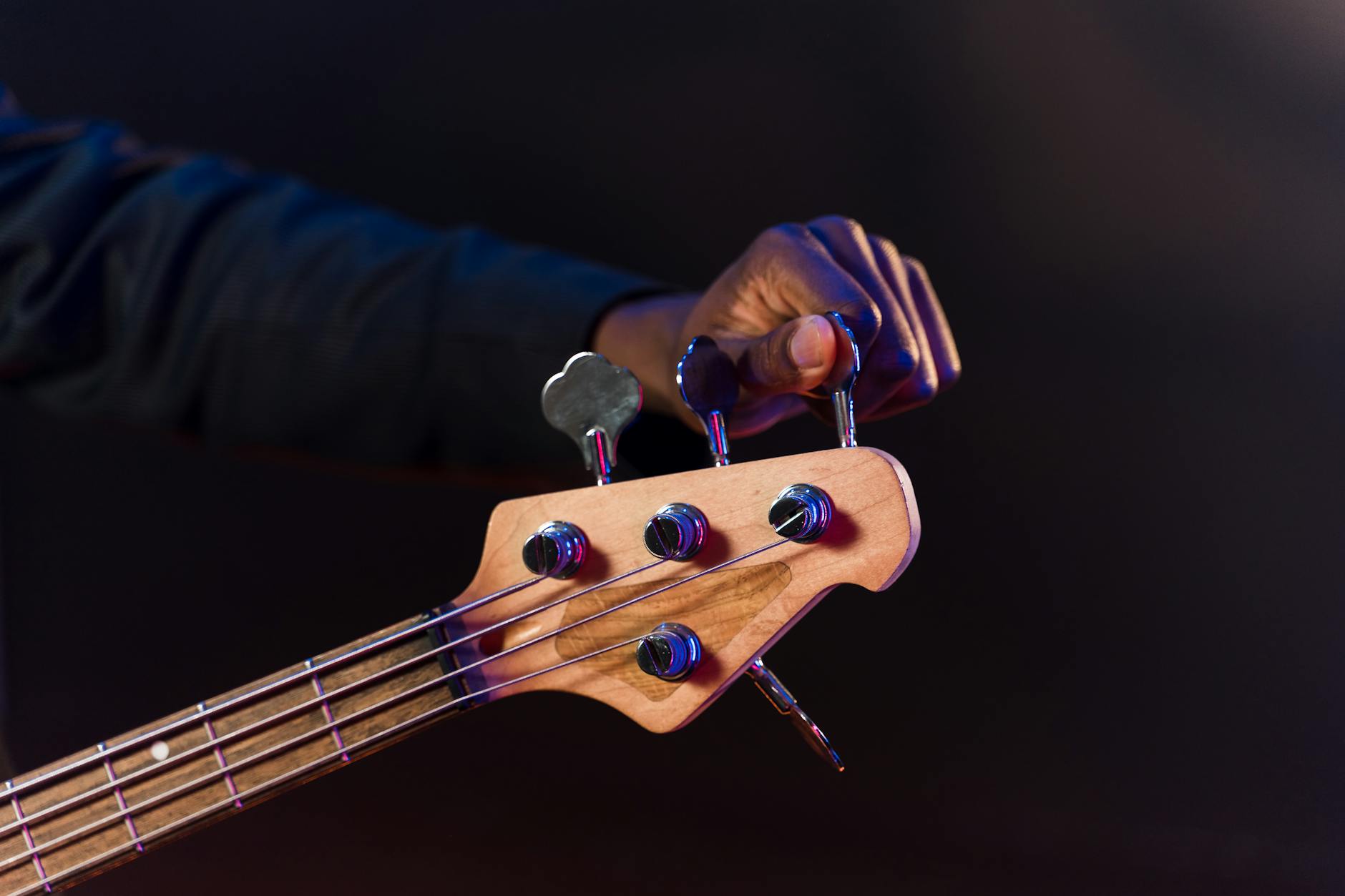When it comes to mastering standard tuning skills, musicians often find themselves searching for that elusive edge. Imagine being able to tune your instrument with precision and confidence in a matter of moments. In this blog post, we will uncover a secret trick that can transform your tuning abilities while sprinkling in powerful techniques designed to elevate your overall performance. Get ready to embark on a journey that not only improves your musical skills but also bolsters your self-assurance as a musician.
One might wonder what this mysterious secret trick is that can significantly upgrade tuning prowess. The answer lies in developing your ear for pitch and tonality using an innovative practice method known as interval training. Rather than relying solely on electronic tuners, which can create a dependency, training your ear enhances your ability to discern the subtle differences in pitch. By actively engaging in interval training exercises, you begin to recognize the various pitches, improving not just your tuning skills, but your overall musicianship as well. This technique invites you to connect more deeply with your instrument and fosters a profound understanding of music theory.
Now that the secret is out, you might be wondering how to apply this practice effectively. Start by selecting a few simple melodies or scales that you love. Next, sing or hum these tunes without your instrument. Focusing solely on the sound allows you to internalize the pitches more effectively. Once you’re comfortable, grab your instrument and try to match the notes you just practiced mentally. This combination of auditory memory and muscle memory creates a powerful learning experience that reinforces those newfound skills. As you continue this practice and incorporate small adjustments, you will notice a marked improvement in your ability to tune your instrument accurately and swiftly.
Implementing interval training offers a treasure trove of benefits, all leading towards greater musical competence. Beyond honing pitch recognition, it develops a much deeper understanding of harmonies and melodies, providing a robust foundation for improvisation and creativity. You’ll find yourself playing with more confidence and expressiveness, and your listeners will be able to feel the difference. Moreover, as your ear becomes finely tuned, adjusting to various genres and styles of music will seem effortless. This newfound versatility not only enhances your performance potential but also increases your opportunities for collaboration with fellow musicians, enriching your musical journey.
Integrating interval training as your go-to trick is just the beginning of a significant transformation in your skills. This method doesn’t merely serve to enhance your tuning; it encourages you to appreciate the artistry and intricacies of music itself. As you progress, your ability to hear mismatched pitches becomes sharper. Even while playing in a group setting, you’ll develop an instinct to adjust your pitch instinctively, achieving a harmonious blend with other instruments. Picture the confidence that comes with knowing that you can intuitively find your note and join in seamlessly. Stepping on stage, you’ll radiate a sense of poise that is palpable.
To maximize the impact of your interval training, consider implementing structured practice sessions designed around this concept. Allocate specific days to focus exclusively on ear training exercises. Pair these practices with traditional playing techniques, such as scale work and chord changes. Mixing in creative approaches, like playing blindfolded or using a drone note as a pitch guide, will actively enhance your musical brain. Challenge yourself with different genres of music or explore unconventional variations of songs you’re familiar with. This diversity will keep your practice engaging and invigorating, leading to continual growth.
Mastering standard tuning skills doesn’t have to feel overwhelming. By incorporating interval training into your practice routine, you arm yourself with an invaluable tool that brings with it a multitude of benefits. The ability to engage with your instrument on a deeper level fosters a sense of joy, creativity, and understanding that truly transcends mere technical skill. Embrace this shift in mindset and let the confidence flow through your musical endeavors. With steady practice, your tuning prowess will not only improve substantially, but it will also inspire those around you, creating an uplifting musical atmosphere.
What is interval training?
Interval training involves practicing musical intervals, which are the distances between pitches. By singing, playing, or hearing these intervals repeatedly, musicians enhance their ability to recognize and reproduce specific notes accurately.
How long should I practice interval training?
Consistency is key. Initially, aim for 15-20 minutes several times a week. As you grow more comfortable, gradually increase your session length and frequency, ultimately leading to an active, engaging practice routine.
Can interval training improve my overall musicianship?
Absolutely! Interval training not only improves tuning skills but also enhances your ability to improvise, understand music theory, and collaborate with other musicians, leading to a more enriched musical experience.
Do I need an instrument for interval training?
While having an instrument can be beneficial, it is not mandatory. Singing or humming intervals can be just as effective, allowing you to develop your ear for pitch, independently of any instrument.
Image Credit: Pexels
